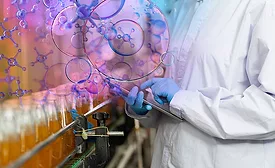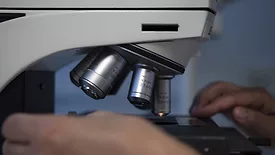Home » Keywords: » biosensors
Items Tagged with 'biosensors'
ARTICLES
Recent advances in biosensing and molecular diagnostics are allowing producers to better quantify the threat from bioaerosols at the field level
Read More
Innovation at the Intersection of Food Packaging and Food Safety
Several food packaging options have emerged that directly contribute to producing a high-quality and safe food product
February 6, 2023
Never miss the latest news and trends driving the food safety industry
Newsletters | Website | eMagazine
JOIN TODAY!Copyright ©2026. All Rights Reserved BNP Media.
Design, CMS, Hosting & Web Development :: ePublishing










